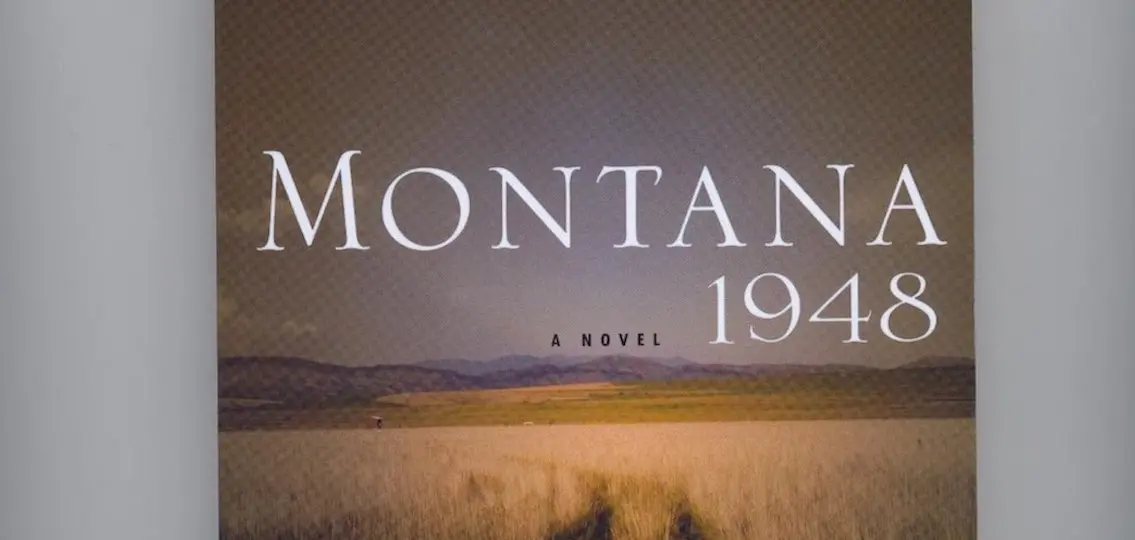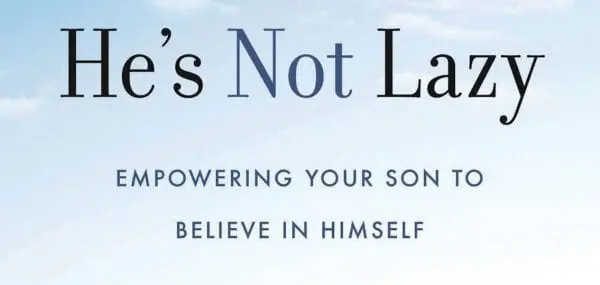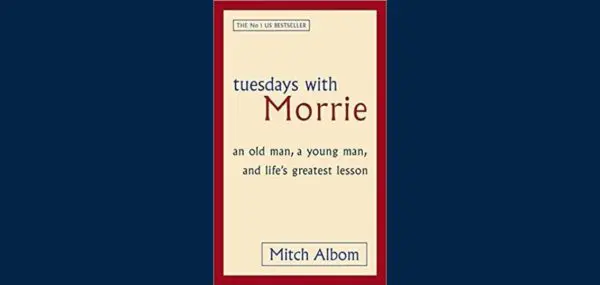Murder, intrigue, and a coming-of-age story all come together in Montana 1948. This quick read is perfect for parents and teens looking for an exciting tale.
TEEN REVIEW | by Katie Harris
Books have been my constant companion for as long as I can remember. As soon as I learned to read, I began taking books with me everywhere. I always have a secret joy in being introduced to a new piece of literature. Unlike me, however, many teens greet reading with a certain dread, finding books “boring” or “too long.” Montana 1948 is neither. At the tolerable length of 175 pages, this book is the right size and the right interest level for all.
Montana 1948 captured my interest from the start. The story has a mysterious undertone, beginning with its narration by David Hayden. David is a relatable, all-American twelve year-old wrapped up in the hazy and suspicious incidents occurring in his home in the fictional town of Bentrock, Montana. It begins when his housekeeper, a Sioux girl named Marie, falls ill. David’s Uncle Frank, a local physician and war hero, is called upon to diagnose the illness. When Uncle Frank shows up, Marie accuses him of rape. David’s mother convinces her husband Wesley, the town sheriff, to look into these allegations about his brother. In an attempt to cover up the accusations, Frank murders Marie, declaring that her death is a relapse of her illness.
Meanwhile, David witnesses a suspicious occurrence that will prove Frank’s guilt. David bravely informs his parents. When Wesley confronts Frank, Frank doesn’t deny the accusation. Frank feels entitled to do whatever he pleases to the local Indian women. Throughout the story, the reader discovers that everything might not be what it seems at first, and sometimes it is the underdog who has to rise to power. In this case, David’s father has always been second best in his family. Wesley has to be brave enough to ignore the wants of his own parents, and do what he feels is right in arresting his own brother, ignoring loyalty over justice.
Montana 1948 is definitely attention grabbing and constructive. Upon finishing a book, I always try to understand the “lesson learned.” The one in this story is clear. With David, I learned that regardless of his illusions, he is finally able to see things as they really are, and the slightest bit of evidence can be the difference between innocence and guilt. One of the most difficult lessons of this novel is, of course, that sometimes one must make the choice between morality and loyalty in order to do what is just.
TEACHER REVIEW | By Jody Podl
I love reading with my kids. I love that we know the same characters, or that we make up sequels or new endings. More importantly, sharing this experience unites us.
Reading the same novel creates opportunities to discuss difficult topics. When we dissect a character’s motive, argue about the ending or share delight with the plot, we are talking about other people but we are also talking about ourselves. We often have similar reactions to the same material. But even when we don’t, I still gain insight about my children while sharing my limited wisdom.
Montana, 1948 is one book that parents should read with their teens. Writing in a deceivingly simple style, Larry Watson tells a suspenseful local tale that raises some universal questions about human behavior.
The story focuses on the powerful Hayden family living in a small, insulated town in Montana. David Hayden, the narrator, recalls the events that occurred when he was twelve and his beloved caretaker, Marie Little Soldier, dies. David’s uncle Frank is a decorated war hero and well-liked physician who has been molesting Native American women, including Marie. David’s father, Wesley, is the town sheriff who reluctantly begins an investigation into his brother’s behavior. As the investigation continues, David witnesses his uncle leaving the house just prior to Marie’s death and suspects that his uncle is guilty of foul play. In the ensuing events, David Hayden comes of age as he learns about both justice and courage.
The characters face powerful moral dilemmas. Should David reveal information that would pit brother against brother? Should Wesley use his badge to prosecute his own brother or protect him? Should David’s mother insist that Frank be punished when it will destroy the family? With each decision, there will be repercussions. I feel for this family; their struggles make me want discuss speaking out against evil, the struggle between justice and family loyalty, and the unpredictable consequences of our actions.
As an adult, David reflects on the events of this summer and realizes that he had idolized his uncle at the expense of his father. He also recognizes that prejudice against Native Americans combined with the “old boy” network in his hometown prevented true justice in Montana during the summer of 1948. Most importantly, he demonstrates that telling the truth is rarely easy, but it is always the right thing to do.




